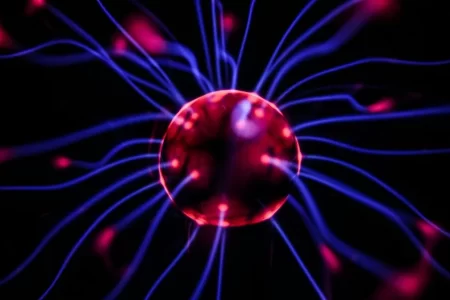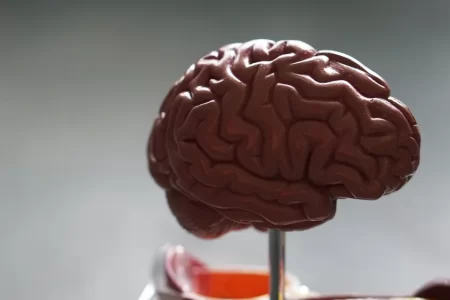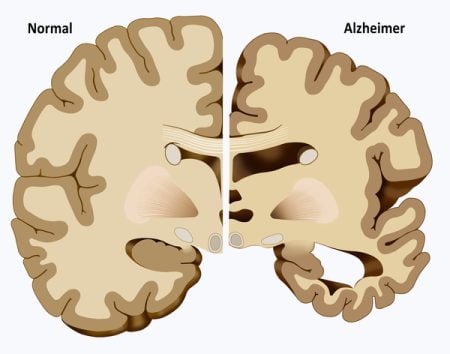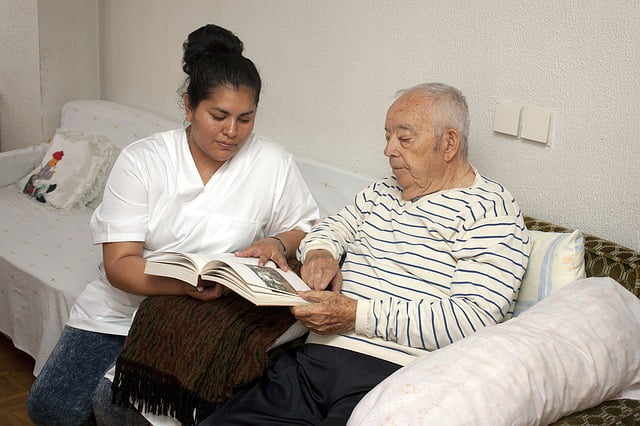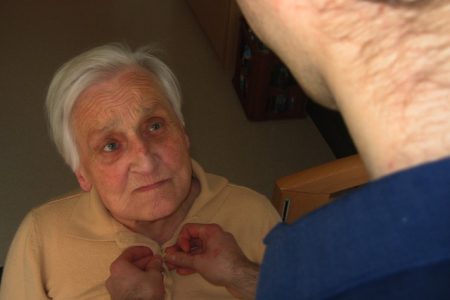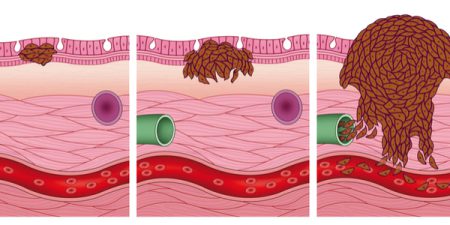Browsing: Alzheimer’s Disease
Comprehensive Information, Resources, and Support on Alzheimer’s Disease
Alzheimer’s Care Genetic Testing and Personalized Plans
When it comes to Alzheimer care and treatment, the most important step is the first one you take and that…
Boosting Brain Power By Enhancing Cognitive Function in Your Patients
Healthcare professionals are continually searching for effective strategies to promote cognitive function. As our patients age or face cognitive challenges,…
Understanding Alzheimer’s Disease: Causes, Symptoms, and Prevention
Introduction Alzheimer’s disease is a progressive and devastating neurological condition that affects millions of people worldwide. While it predominantly affects…
What Are Treatment Options for Neurological Conditions?
Photo from Unsplash Neurological conditions can have a significant impact on a person’s quality of life. These conditions affect the…
Common Indications that You Might Have Alzheimer’s Disease
The signs and symptoms of Alzheimer’s develop progressively over a period of time. Anybody in his or her life can…
Medical care is usually provided by primary care physician. The goal of the treatment is to increase and maintain quality of life, daily activities, cognitive abilities, mood and behaviour and foster safe environment for patients.
Alzheimer’s is a neurodegenerative complex disease in which brain cells die and gets damaged and the connections between them are lost. Currently, there is no cure and no medications are available to treat it completely. Once a person starts showing symptoms of this disease such as memory loss and cognitive function disabilities.
Alzheimer’s Disease (AD) is a progressive neurodegenerative disease that can progress over many years. It is a complex disease that can progress like other chronic diseases such as diabetes and cardiovascular diseases. It gets worse with increasing age and time. People who develop late onset of AD faces problems in everyday activities such as bathing, eating and dressing, and need help from others.
Alzheimer’s disease is the most common form of dementia and shows dementia-like conditions such as memory loss and cognitive skill disabilities. This disease is histologically characterized by accumulation of amyloid plaques and neurofibrillary tangles throughout the brain.
Memory loss that disrupts daily activities of a person is a common symptom of Alzheimer’s or other forms of dementia. Alzheimer’s is a brain disease and causes a slow decline in memory and thinking and reasoning skills. Different children may experience varying signs. If you notice any of them, please see a doctor.





